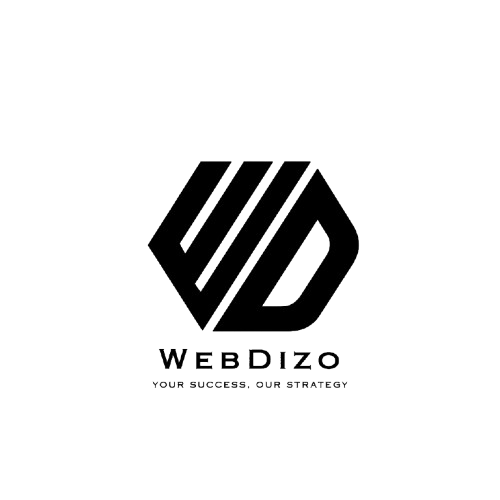How to Stay Sane in a World That Never Logs Out
Let’s be honest — if you’re a digital marketer, your brain probably runs in tabs.
You’re juggling content calendars, ad dashboards, emails, Slack pings, and let’s not even talk about those “quick scrolls” that turn into accidental doom-scrolling marathons.
It’s exciting…
But also exhausting.
If you’ve ever felt like your screen time is slowly draining your creativity, your motivation, and your sanity — you’re not alone.
You might just need a digital detox.
Not a retreat in the Himalayas (although, tempting).
Just a pause. A reset. A little breathing room between you and your inbox.
The Harsh Reality: Marketers Are Always “ON”
Unlike many jobs, digital marketing doesn’t end at 6 PM.
Your client in New York DMs you at midnight.
You wake up to fire drills from a broken CTA link.
That one campaign? It “goes live tomorrow” — which really means tonight.
Even your downtime — Netflix, Instagram, YouTube — is still screen time.
Still digital.
We’ve normalized living online to the point where silence feels uncomfortable and rest feels lazy.
But here’s the thing: being online 24/7 isn’t a flex. It’s a fast track to burnout.
Signs You’re Drowning in Digital Noise
Let’s do a quick reality check. If these hit home, it might be time to log off for a bit:
You feel guilty for not replying instantly
You’re “tired” but never actually rested
Your brain is foggy, but your screen time is sky-high
You check analytics more often than your own breathing
You haven’t had a truly original idea in weeks
Sound familiar?
That’s not laziness. That’s digital fatigue
So, What’s a Digital Detox Really?
Spoiler: it’s not about deleting all your apps and going full monk mode.
A digital detox is about creating space between you and your screen.
It’s choosing intentional use over constant consumption.
It’s reclaiming your headspace — so you can do better work and be a better human.
Six Realistic Ways to Detox (Without Quitting Your Job)
1. Start Your Mornings Without a Screen
Give yourself just one hour in the morning where you don’t touch your phone.
No emails. No scrolling. No notifications.
Instead:
Stretch or walk
Journal your thoughts
Plan your day on paper
Just exist quietly
It sounds small, but this single hour can shift your entire day’s vibe.
2. Mute the Mayhem
Notifications are digital junk food. They give you quick hits of dopamine — but drain your attention span.
Turn off all non-essential app notifications
Use Focus Mode or “Do Not Disturb” during deep work
Delete apps from your home screen you don’t need daily
Your brain wasn’t built for constant interruption. Set it free.
3. Curate, Don’t Consume
Your feed = your mental diet.
If your scroll session leaves you feeling anxious, unworthy, or stuck — unfollow, mute, unsubscribe.
Replace mindless “inspo” with accounts that actually align with your energy.
Less noise = more clarity.
4. Schedule Screen Breaks Like Meetings
If it’s not on your calendar, it won’t happen.
Block 15-minute breaks between tasks — no phone, no tabs, just stretch, breathe, hydrate.
(Yes, scrolling TikTok isn’t a break. Sorry.)
Lorem ipsum dolor sit amet, consectetur adipiscing elit. Ut elit tellus, luctus nec ullamcorper mattis, pulvinar dapibus leo.
5. Go Dark One Day a Month
Pick one day — maybe a Sunday — to completely unplug.
No laptop
No socials
No analytics
No screen surfing in the name of “research”
Read a book. Take a nap. Stare at the ceiling. Touch grass.
Let your nervous system cool down.
6. Create a 'Digital Exit' Ritual
Set a fixed “log-off time” at night — and actually honor it.
Shut down all work apps.
Put your phone away (or at least on airplane mode).
Listen to music, journal, do literally anything that doesn’t involve a glowing screen.
Because the last thing you should see before bed isn’t your client’s campaign stats. It’s your peace of mind.
Digital Detox = Better Results, Not Less Productivity
If you’re worried stepping away means losing momentum, let me say this loud:
A rested brain performs better than a burnt-out one.
You write sharper copy
You solve problems faster
You bring real ideas to meetings
You stop resenting your work
And maybe most importantly — you remember why you started this in the first place.
